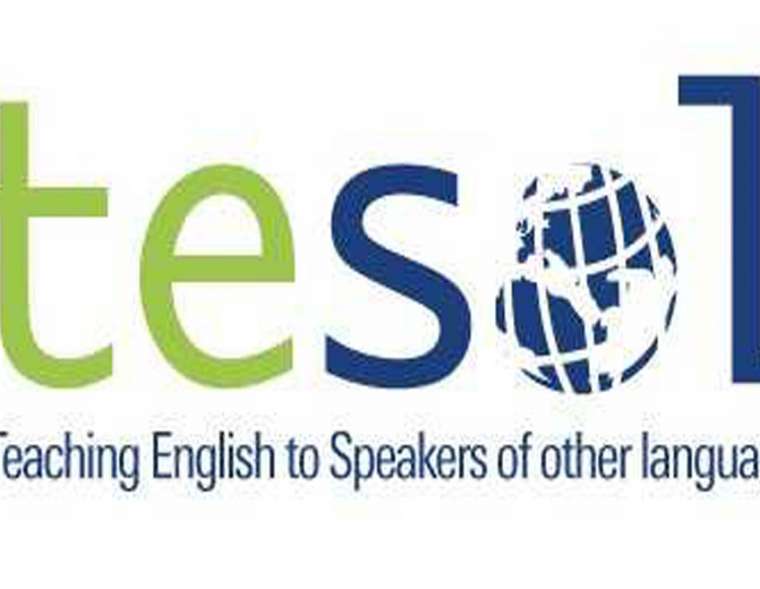A PGCE (Postgraduate Certificate in Education) is a teacher training qualification that prepares graduates for teaching in primary, secondary, or post-compulsory (post-16) education. The course typically lasts one academic year (full-time) or up to two years (part-time), and includes both academic study and practical teaching experience.
Here’s a detailed course outline for a standard PGCE Secondary or PGCE Primary program (can be tailored depending on subject or age group):
🏫 1. Introduction & Orientation
- Introduction to the PGCE course and expectations
- Safeguarding and child protection
- Understanding the school environment and policies
- Professional Standards for Teachers (e.g., Teachers’ Standards in the UK)
- Placement preparation: DBS checks, teaching ID, etc.
📚 2. Educational Theory & Pedagogy (Ongoing Throughout the Course)
- Learning theories (Piaget, Vygotsky, Bruner, etc.)
- Cognitive development and motivation
- Differentiation and inclusion
- Assessment for learning
- Classroom management and behaviour strategies
- Reflective practice
- Planning and sequencing lessons
- Use of educational technology
🧑🏫 3. Subject-Specific or Age-Specific Teaching (e.g., Maths, English, Science / Early Years)
- Subject knowledge enhancement (as needed)
- Curriculum requirements (e.g., National Curriculum in the UK)
- Teaching strategies for specific subjects
- Use of practical work, experiments, fieldwork (subject-dependent)
- Assessment techniques in the subject area
- Adapting subject content for varying abilities
📊 4. Research and Professional Studies (Academic Modules)
- Understanding education policy and systems
- Inclusive education and SEN (Special Educational Needs)
- Equality, diversity, and multicultural education
- Literacy and numeracy across the curriculum
- Classroom-based research skills
- Action research or small-scale inquiry project
- Preparing for the Qualified Teacher Status (QTS) portfolio
🏫 5. Teaching Practice / School Placements (Usually 2 Placements)
Placement A: Initial School Experience (Autumn Term)
- Observation of experienced teachers
- Teaching small groups or segments of lessons
- Introduction to lesson planning and assessment
- Reflective journaling and mentor feedback




